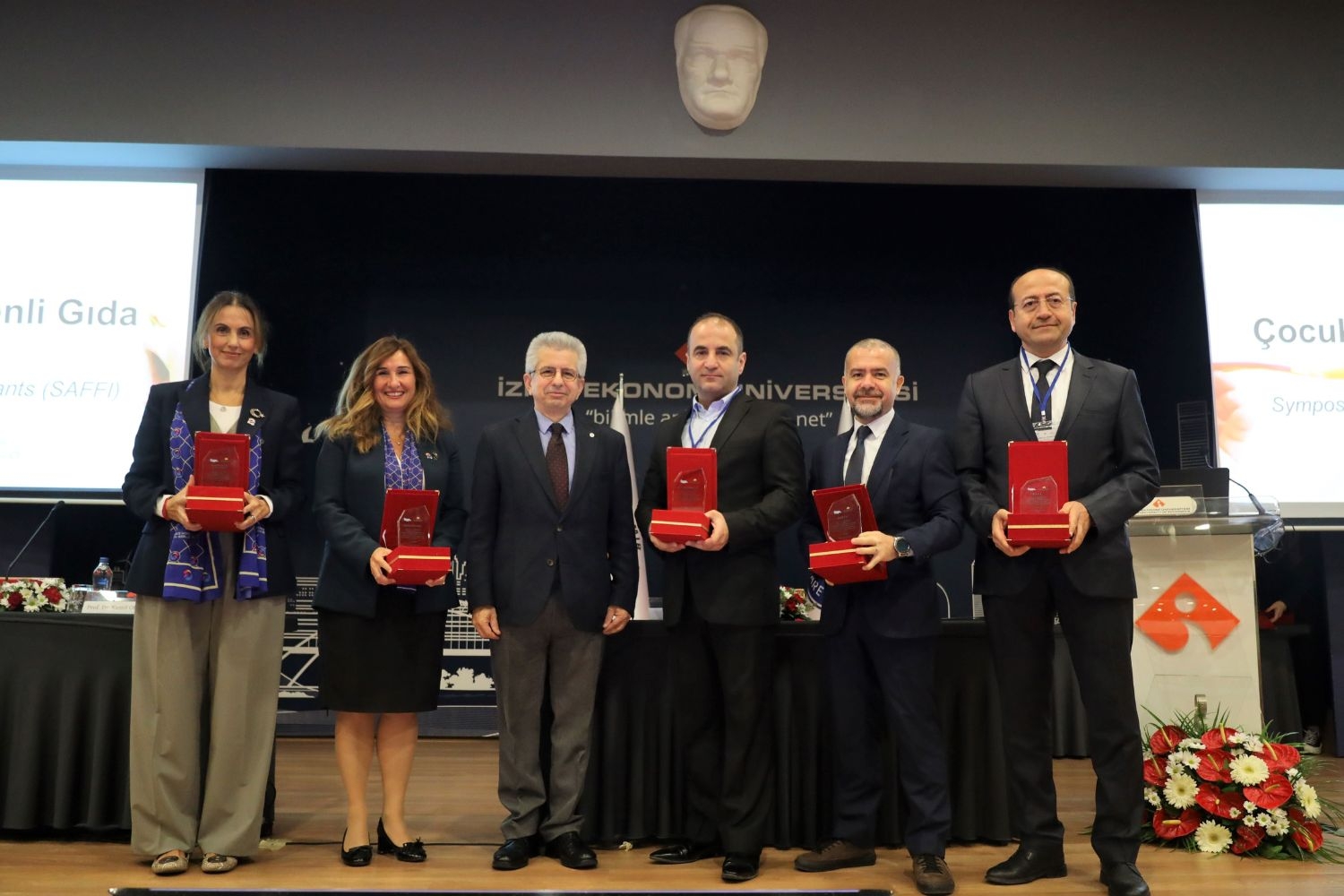
...

...
VOCATIONAL SCHOOL OF HEALTH SERVICES
Department of Child Development| Course Name |
Teaching Mathematics at Preschool Period
|
|
Code
|
Semester
|
Theory
(hour/week) |
Application/Lab
(hour/week) |
Local Credits
|
ECTS
|
|
CG 207
|
Fall/Spring
|
3
|
0
|
3
|
4
|
| Prerequisites |
None
|
|||||
| Course Language |
Turkish
|
|||||
| Course Type |
Elective
|
|||||
| Course Level |
Short Cycle
|
|||||
| Mode of Delivery | face to face | |||||
| Teaching Methods and Techniques of the Course | DiscussionPractical demonstrationLecture / Presentation | |||||
| National Occupation Classification | - | |||||
| Course Coordinator | ||||||
| Course Lecturer(s) | ||||||
| Assistant(s) | - | |||||
| Course Objectives | The aim of this course is to maket he students learn different approaches related to development of mathematical thinking during pre-school period, basic teaching principles that need to be taken into consideration in preschool education to teach visual and mental mapping, and the basic concepts of mathematics that should be thought during preschool education (count, multiplicity, procedures with natural numbers, measurement and related concepts, basic geometric shapes, etc.), in addition to make activities to create activity samples by using this information. |
| Learning Outcomes |
The students who succeeded in this course;
|
| Course Description | This course contains the issues related to developing basic mathematical thinking skills and problem-solving skills in preschool students. |
| Related Sustainable Development Goals |
|
|
Core Courses | |
| Major Area Courses |
X
|
|
| Supportive Courses | ||
| Media and Management Skills Courses | ||
| Transferable Skill Courses |
| Week | Subjects | Related Preparation |
| 1 | Introduction of the lesson and Mathematics program in preschool education | Akman, B. (2016) Okul Öncesi Matematik Eğitimi S. 174-187 |
| 2 | Cognitive development | Akman, B. (2016) Okul Öncesi Matematik Eğitimi S. 2-14 |
| 3 | Development of mathematical concepts | Akman, B. (2016) Okul Öncesi Matematik Eğitimi S. 28-31 |
| 4 | Development of mathematical concepts at different age groups | Akman, B. (2016) Okul Öncesi Matematik Eğitimi S. 36-43 |
| 5 | Development of mathematical concepts at different age groups | Akman, B. (2016) Okul Öncesi Matematik Eğitimi S. 36-43 |
| 6 | Development of mathematical concepts; matchup, classification, grouping, comparison, sorting | Akman, B. (2016) Okul Öncesi Matematik Eğitimi S. 50-64 |
| 7 | Mathematics education for children with special needs | Akman, B. (2016) Okul Öncesi Matematik Eğitimi S. 50-64 |
| 8 | Midterm Exam | |
| 9 | Number concept in young children | Akman, B. (2016) Okul Öncesi Matematik Eğitimi S.70-87 |
| 10 | The concept of procedure during preschool period | Akman, B. (2016) Okul Öncesi Matematik Eğitimi S. 93-99 |
| 11 | Space, geometry and geometric shapes during preschool period | Akman, B. (2016) Okul Öncesi Matematik Eğitimi S. 104-109 |
| 12 | Space, geometry and geometric shapes during preschool period | Akman, B. (2016) Okul Öncesi Matematik Eğitimi S. 104-109 |
| 13 | Problem solving in preschool children | Akman, B. (2016) Okul Öncesi Matematik Eğitimi S. 160-170 |
| 14 | Pattern, Function, Graphics and Quantification | Akman, B. (2016) Okul Öncesi Matematik Eğitimi S. 125-156 |
| 15 | Review of the semester. Evaluatıon of preschool mathematical educatıon | Akman, B. (2016) Okul Öncesi Matematik Eğitimi S. 192-200 |
| 16 | Final Exam |
| Course Notes/Textbooks | Akman, B. (2015) Okul Öncesi Matematik Eğitimi, Pegem Yayınları ISBN: 978-605-364-079-0 |
| Suggested Readings/Materials | Doç. Dr. Kandır A. Dr. Orçan M. Okul Öncesi Dönemde Matematik Eğitimi Morpa yayınları (2010) ISBN: 978605390120-4 |
| Semester Activities | Number | Weigthing |
| Participation |
1
|
10
|
| Laboratory / Application | ||
| Field Work | ||
| Quizzes / Studio Critiques | ||
| Portfolio | ||
| Homework / Assignments |
1
|
20
|
| Presentation / Jury | ||
| Project | ||
| Seminar / Workshop | ||
| Oral Exams | ||
| Midterm |
1
|
30
|
| Final Exam |
1
|
40
|
| Total |
| Weighting of Semester Activities on the Final Grade |
3
|
60
|
| Weighting of End-of-Semester Activities on the Final Grade |
1
|
40
|
| Total |
| Semester Activities | Number | Duration (Hours) | Workload |
|---|---|---|---|
| Theoretical Course Hours (Including exam week: 16 x total hours) |
16
|
3
|
48
|
| Laboratory / Application Hours (Including exam week: '.16.' x total hours) |
16
|
0
|
|
| Study Hours Out of Class |
15
|
2
|
30
|
| Field Work |
0
|
||
| Quizzes / Studio Critiques |
0
|
||
| Portfolio |
0
|
||
| Homework / Assignments |
2
|
6
|
12
|
| Presentation / Jury |
0
|
||
| Project |
0
|
||
| Seminar / Workshop |
0
|
||
| Oral Exam |
0
|
||
| Midterms |
1
|
13
|
13
|
| Final Exam |
1
|
14
|
14
|
| Total |
117
|
|
#
|
Program Competencies/Outcomes |
* Contribution Level
|
|||||
|
1
|
2
|
3
|
4
|
5
|
|||
| 1 |
To have the required contemporary theoretical and practical knowledge in his/her field |
-
|
-
|
-
|
X
|
-
|
|
| 2 |
To use the material and technology related to his/her field, and make their maintenance, use the information and communication technologies at basic level |
-
|
X
|
-
|
-
|
-
|
|
| 3 |
To have the competency to recognize the problems in his/her field, analyze them, develop evidence-based solutions and have the ability to share their suggestions with others |
-
|
-
|
-
|
-
|
-
|
|
| 4 |
To be aware of legal responsibilities, conduct basic studies in her/his field independently |
-
|
-
|
-
|
-
|
-
|
|
| 5 |
To communicate with patients, relatives and colleagues properly, comprehensively, honestly and explicitly, transfer his/her thoughts and knowledge through written and oral communication |
-
|
-
|
-
|
-
|
-
|
|
| 6 |
To take responsibility as an active team member during the practices in his/her field |
-
|
-
|
X
|
-
|
-
|
|
| 7 |
To commentate and evaluate the scientific information with a critical approach by the help of knowledge gained in his/her field |
-
|
-
|
-
|
-
|
-
|
|
| 8 |
To comprehend the importance of lifelong learning, to determine and meet her/his learning needs, to develop herself/himself by monitoring the development in science and technology |
-
|
-
|
-
|
-
|
-
|
|
| 9 |
To act by considering the universal ethical values, social and cultural characteristics |
-
|
-
|
-
|
-
|
-
|
|
| 10 |
To know the concepts of occupational safety, patient safety, environmental protection and quality, and fulfill the requirements |
-
|
-
|
-
|
-
|
-
|
|
| 11 |
To be able to follow information in his field and communicate with colleagues in English at least a level of European Language Portfolio A2 General Level |
-
|
-
|
-
|
-
|
-
|
|
| 12 |
To have the skills of improving the development and learning of children with special needs |
-
|
-
|
-
|
-
|
-
|
|
| 13 |
To plan and carry out activities for development of people under their responsibility |
X
|
-
|
-
|
-
|
-
|
|
*1 Lowest, 2 Low, 3 Average, 4 High, 5 Highest

...

...

As Izmir University of Economics transforms into a world-class university, it also raises successful young people with global competence.
More..Izmir University of Economics produces qualified knowledge and competent technologies.
More..Izmir University of Economics sees producing social benefit as its reason for existence.
More..